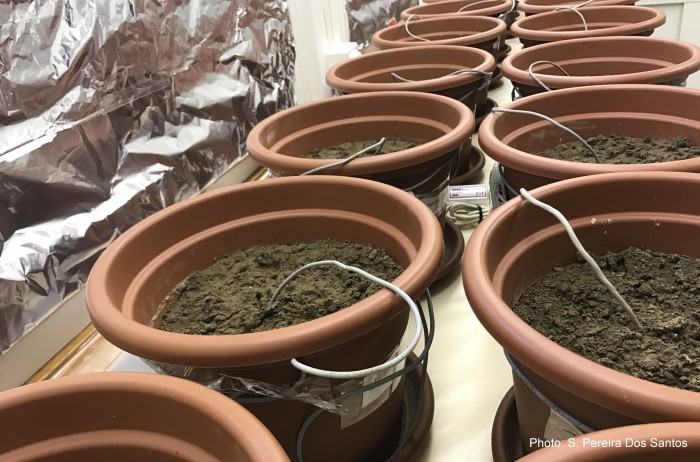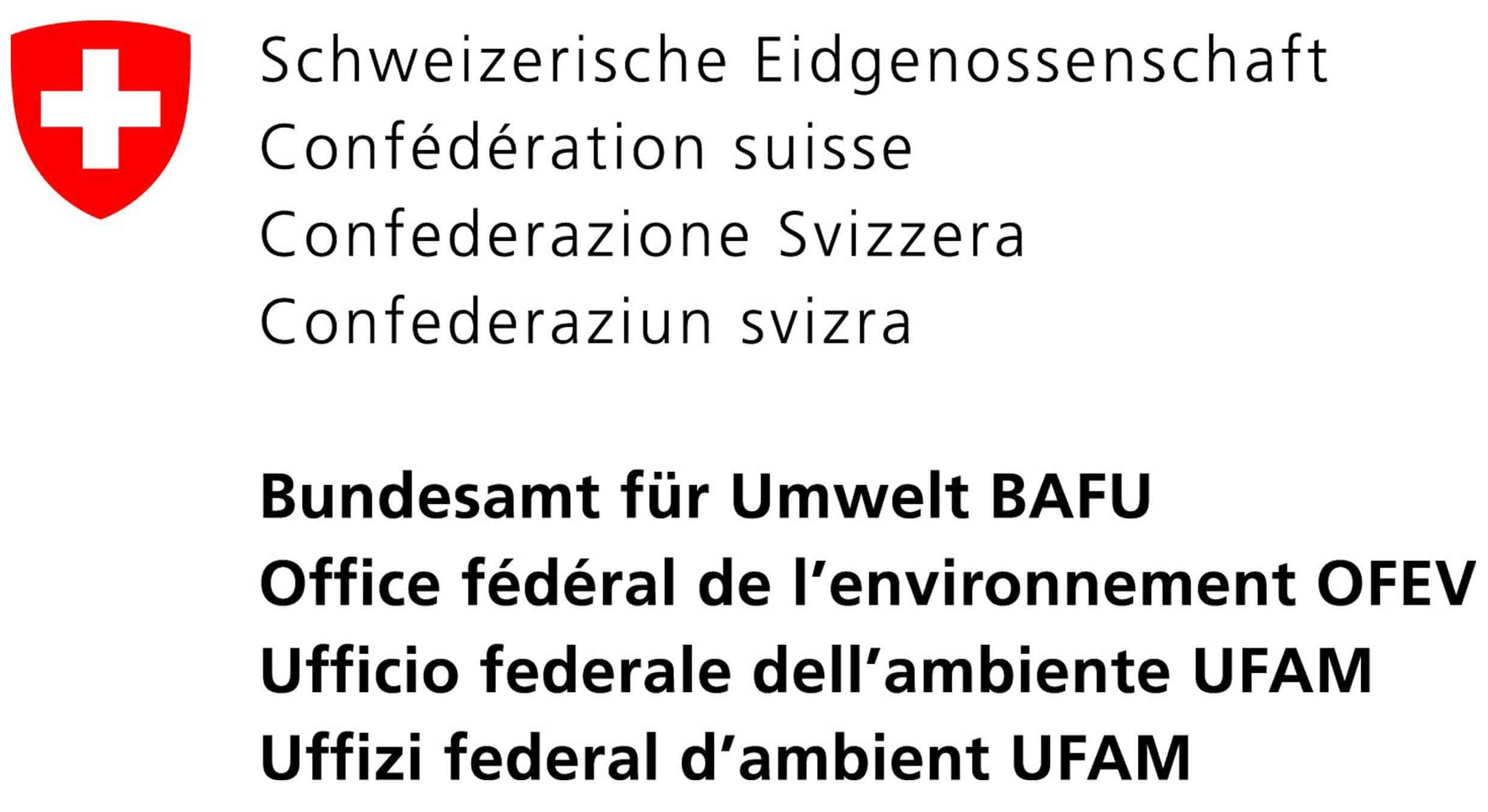
Ecotoxicological impact of a microbial biopesticide and a synthetic pesticide on soil microbial communities: comparative analysis in microcosms and mesocosms
The impact of biopesticides on non-target soil organisms is rarely analyzed. However, this information is crucial for the environmental risk assessment of these products. In the previous Biopestisol II project, we demonstrated a significant impact of the biopesticide Prestop® on the composition and on microbial networks analyzed suggesting a significant effect on soil functioning. For many other biopesticides (and pesticides), their effects on soil microbiome remain totally unknown. Moreover, in order to facilitate the implementation of standardized ecotoxicological tests, it is necessary to assess whether the impact of the biopesticide depends on the size of the experimental setup (microcosm or mesocosm).
The main goals of this project are:
- To compare in the laboratory the impact of the biopesticide Botector® and a synthetic pesticide on the communities of soil bacteria, fungi and protists
- To test whether the effects of the products on soil microbiome id dependent on the size of the experimental setup (microcosm or mesocosm)
The biopesticide Botector® is used in viticulture to control Botrytis cinerea (grey rot) and the same pathogen in tomatoes, strawberries and eggplants. It is composed of two strains of the yeast Aureobasidium pullulans. This product, registered in Switzerland, is applied to the plant and not directly to the soil. As a part of the product will reach the soil during application (about 20-30%), it is relevant to assess its impact on the soil microbiome.
2020 – in progress
Partner: Institute of Environmental Science and Geography, Potsdam University, Germany
Funding: Federal Office for the Environment (FOEN)


